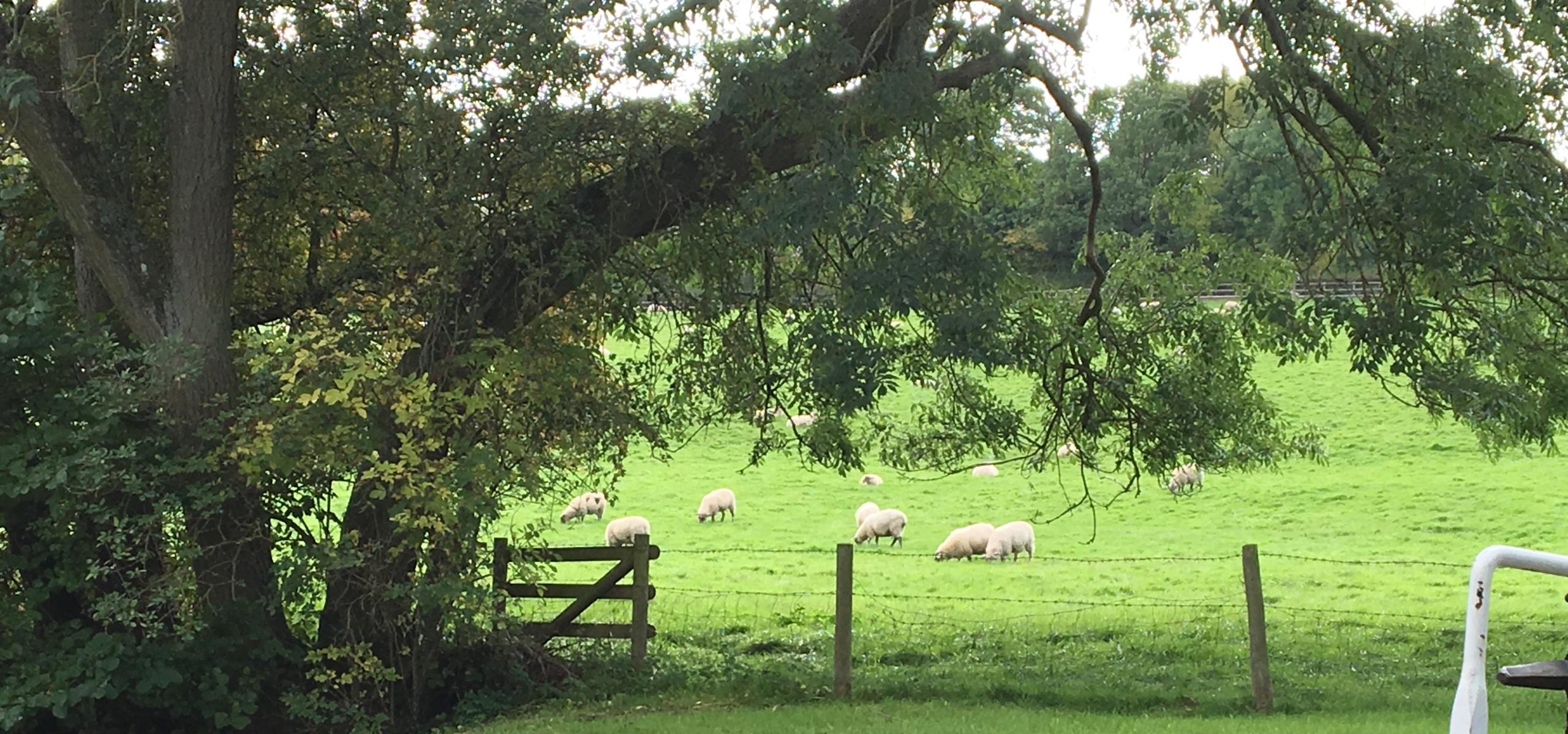The UK is able to offer a year-round supply of premium-quality lamb and mutton because of its unique system of farming.
The traditional stratified sheep farming system has been combined with modern agricultural efficiency to provide a practical, economical, and environmentally friendly way to farm sheep. Over thousands of years, it has been refined to make the best use of the UK’s climate, landscape, and breeds.
The system has three tiers – hill, upland, and lowland – and now supports around 90 different pure sheep breeds and crosses.
Each tier utilizes different breeds and farming practices suited to the specific environment, ensuring the optimal use of resources and maintaining sustainable agricultural practices.
The three tiers of stratified sheep farming
- Hill farming
- Environment: rugged, high-altitude areas with harsh weather conditions.
- Breeds: hardy breeds such as Scottish Blackface and Swaledale, which can withstand severe weather and poor grazing conditions.
- Practices: hill farms focus on breeding ewes that are tough and resilient. These ewes produce lambs that are often transferred to upland farms for further growth and finishing.
- Upland farming
- Environment: intermediate altitudes with a mix of rough grazing and more fertile land.
- Breeds: crossbred sheep, often the result of breeding hill ewes with lowland rams. Examples include Mule and Greyface.
- Practices: upland farms serve as a bridge between hill and lowland farming. They focus on rearing lambs from hill farms and preparing them for the final finishing stages in lowland areas.
- Lowland farming
- Environment: fertile, low-altitude areas with mild weather conditions and high-quality pasture.
- Breeds: commercial breeds such as Suffolk, Texel, and Charollais, known for their fast growth rates and high-quality meat production.
- Practices: lowland farms are primarily focused on finishing lambs, ensuring they reach the optimal weight and quality for market. These farms benefit from better grazing and feed, allowing for efficient meat production.
Environmental benefits
Farmers play a crucial role in biodiversity in the UK, encouraging wildlife and natural habitats, and protecting rare species.
Sheep farming itself goes further in protecting rare plant and wildlife species due to the extensive use of grasslands for grazing.
Well-managed grassland can be just as effective at storing soil carbon as woodland, while also:
- creating wildlife habitats
- creating spaces in nature where people can improve their mental and physical wellbeing
- helping to avoid wildfires and the huge environmental consequences they lead to
If you’d like to know more about how to buy from UK suppliers, contact us and we can help connect you with the right supplier for your needs.

